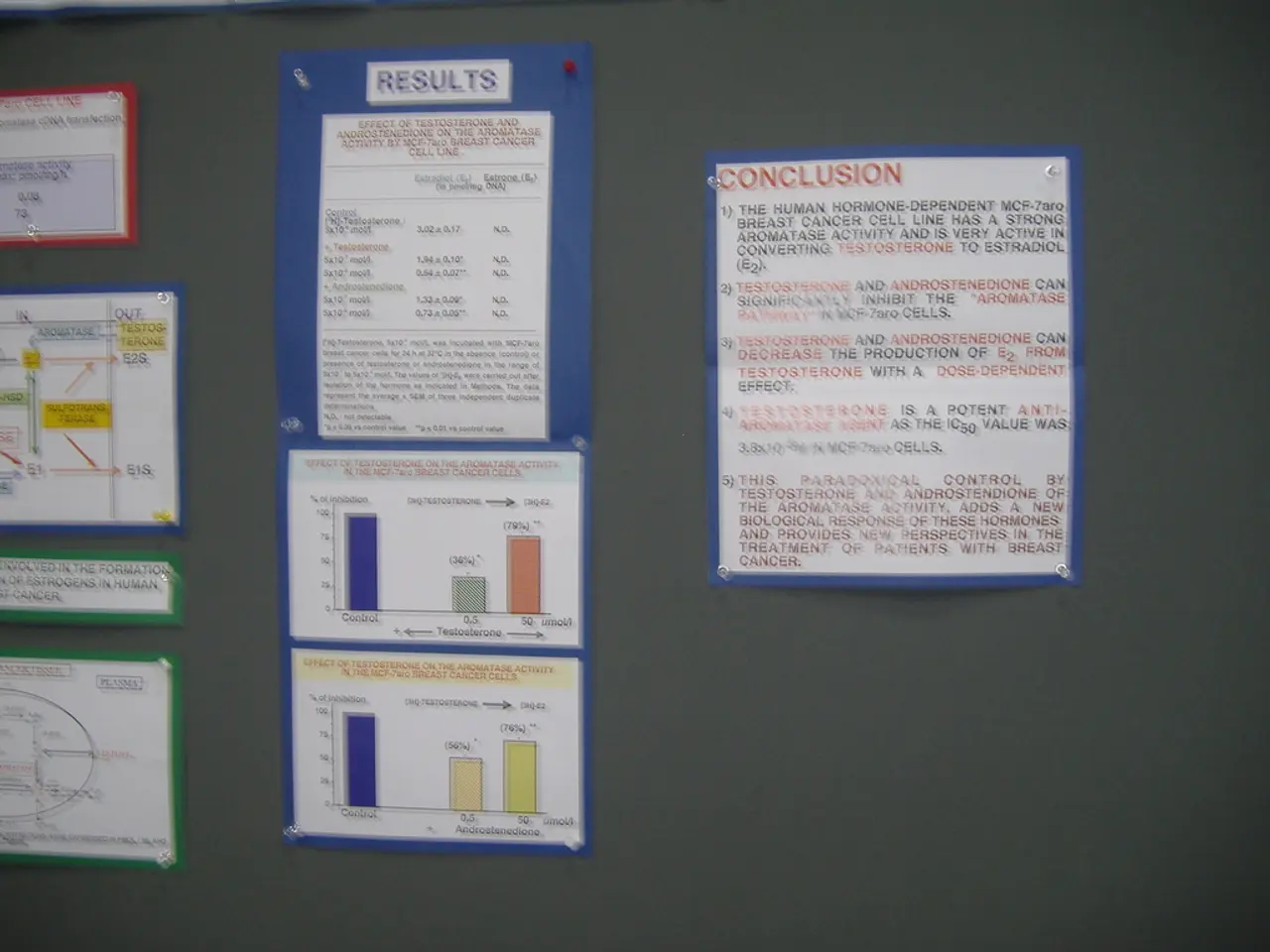Uncovering Procurement Law Conundrums Surrounding Day Care Operations
In the realm of German youth welfare, full-day care services play a crucial role, particularly for primary school children. These services are subject to procurement law, ensuring transparency, fairness, and adherence to specific regulations.
The service provider, typically city and county councils, holds the primary decision-making power regarding the type and scope of full-day care offers. They may choose to collaborate with cooperation partners to implement these services. This triangular relationship between service providers, free welfare service providers, and service recipients/beneficiaries is governed by a social law triangle.
The awarding of contracts for full-day care services in youth welfare is primarily guided by the Public Procurement Act (GWB) and the Ordinance on the Award of Public Contracts (Vergabeverordnung). These legislations ensure non-discrimination, transparency, and proportionality while also considering the special circumstances of small and medium-sized enterprises (SMEs) and social services providers.
Exceptions to the competitive, transparent procedures are made to preserve continuity and quality of essential services, such as youth welfare. Overriding public interest reasons, like safeguarding essential public services, may justify maintaining contracts even if procedural irregularities occur.
Recent legislative drafts provide contracting authorities with flexibility, allowing for alternative sanctions instead of outright contract invalidation under exceptional circumstances. This flexibility aims to facilitate awards to small and young enterprises, benefiting youth welfare service providers.
The right to full-day care exists from the start of school until the beginning of the fifth grade, as per the revised paragraph 24, subsection 4 of the Social Code VIII, effective from 1 August 2026. However, this right is not guaranteed at every school but only within the area of responsibility of the public service provider.
Full-day care services are not simply an admission system where a contract is made with each service provider. Instead, service providers are obliged to create a pluralistic offer structure that respects the independence of free youth welfare and the wish and choice rights of the beneficiaries.
It's important to note that European procurement law does not apply to services in the field of youth welfare. However, the Higher Regional Court in Thuringia (9 April 2024, Case No. Verg 2/20) has recently ruled that the EU procurement law applies to the operation of a day-care center.
Full-day educational and care offers can be provided in collaboration with third parties such as free youth welfare service providers, sports clubs, music schools, or other suitable cooperation partners. Legal guardians have no option to choose full-day care offers outside the service provider's area of responsibility.
The deployment of integration assistants at schools for children with disabilities is not subject to procurement obligations, as determined by the Federal Social Court (17 May 2023, Case No. B 8 SO 12/22/R).
In certain case constellations, a service admission without a procurement character may be present, which is not subject to procurement law regulations. This exception underscores the importance of understanding the specific circumstances and regulations that apply to each case.
[1] Source: German Federal Ministry for Economic Affairs and Energy (BMWi) [5] Source: German Federal Ministry of Labour and Social Affairs (BMAS)
- The Primary service providers, often city and county councils, debate on the allocation of funding for full-day care services in youth welfare, considering collaboration with partners in business and finance to execute these services effectively.
- The Public Procurement Act (GWB) and the Ordinance on the Award of Public Contracts (Vergabeverordnung) play an essential role in the finance of these services, ensuring fairness, non-discrimination, and proportionality while also catering to the particular circumstances of small and medium-sized enterprises (SMEs) and social services providers.




